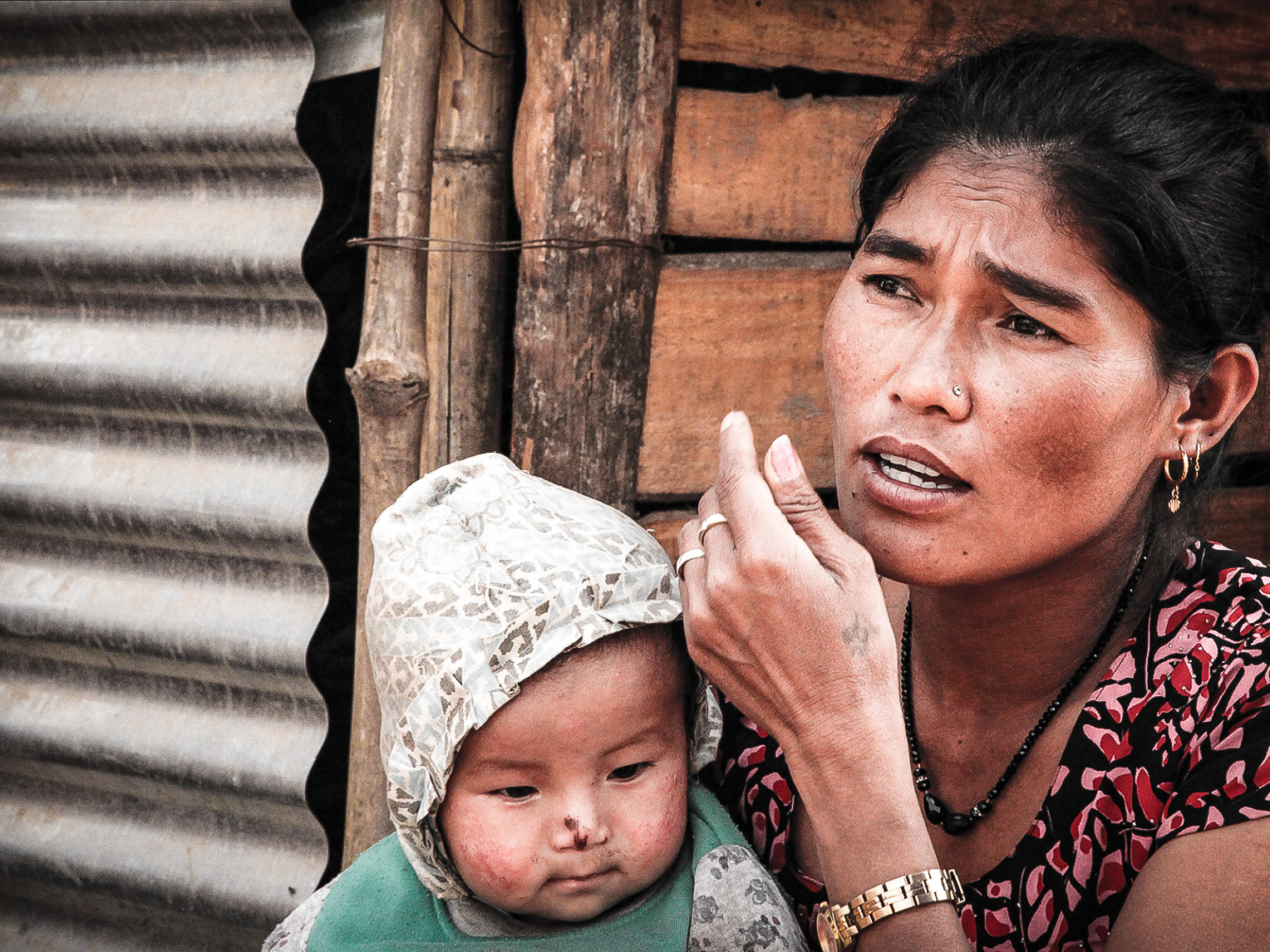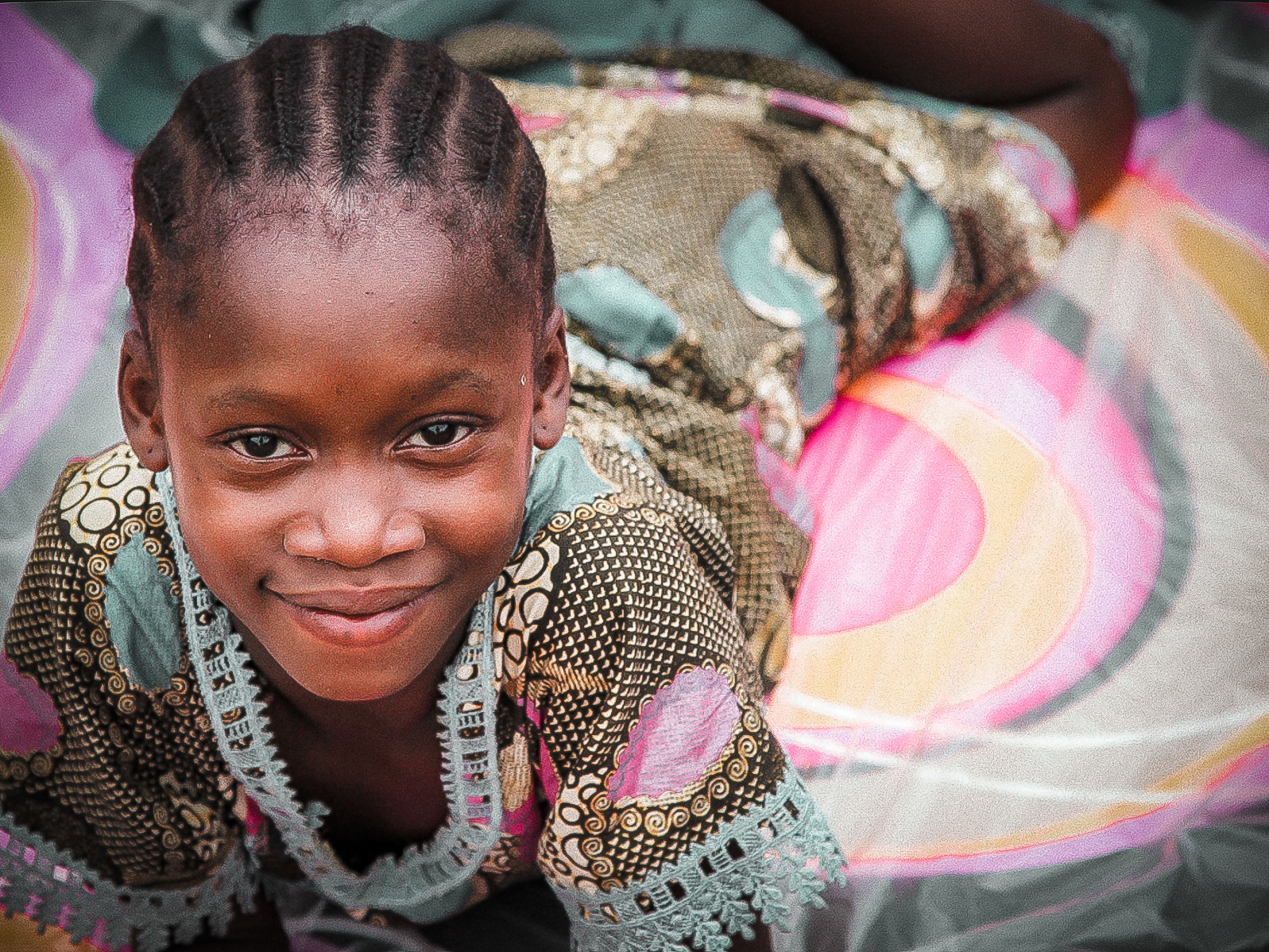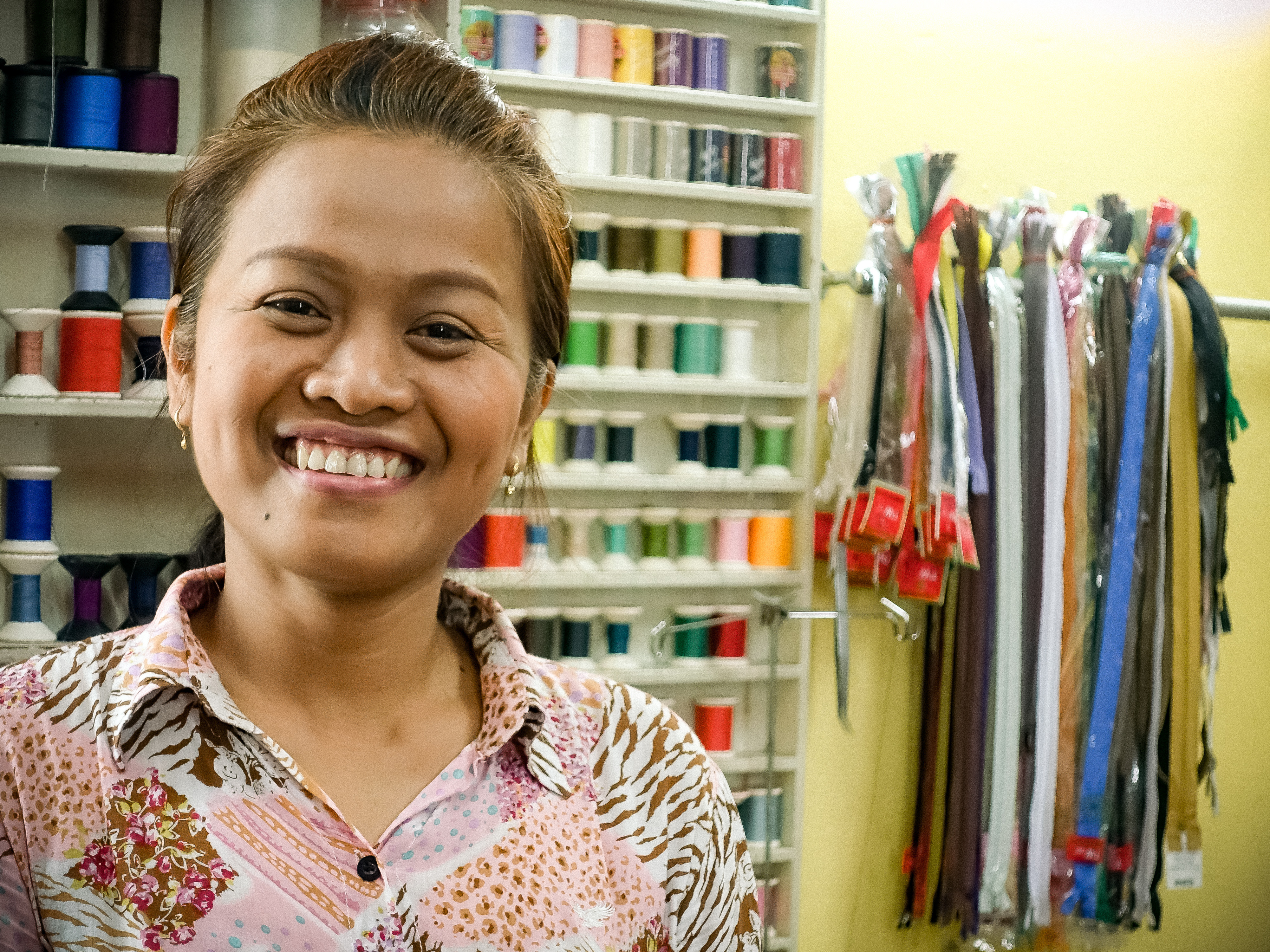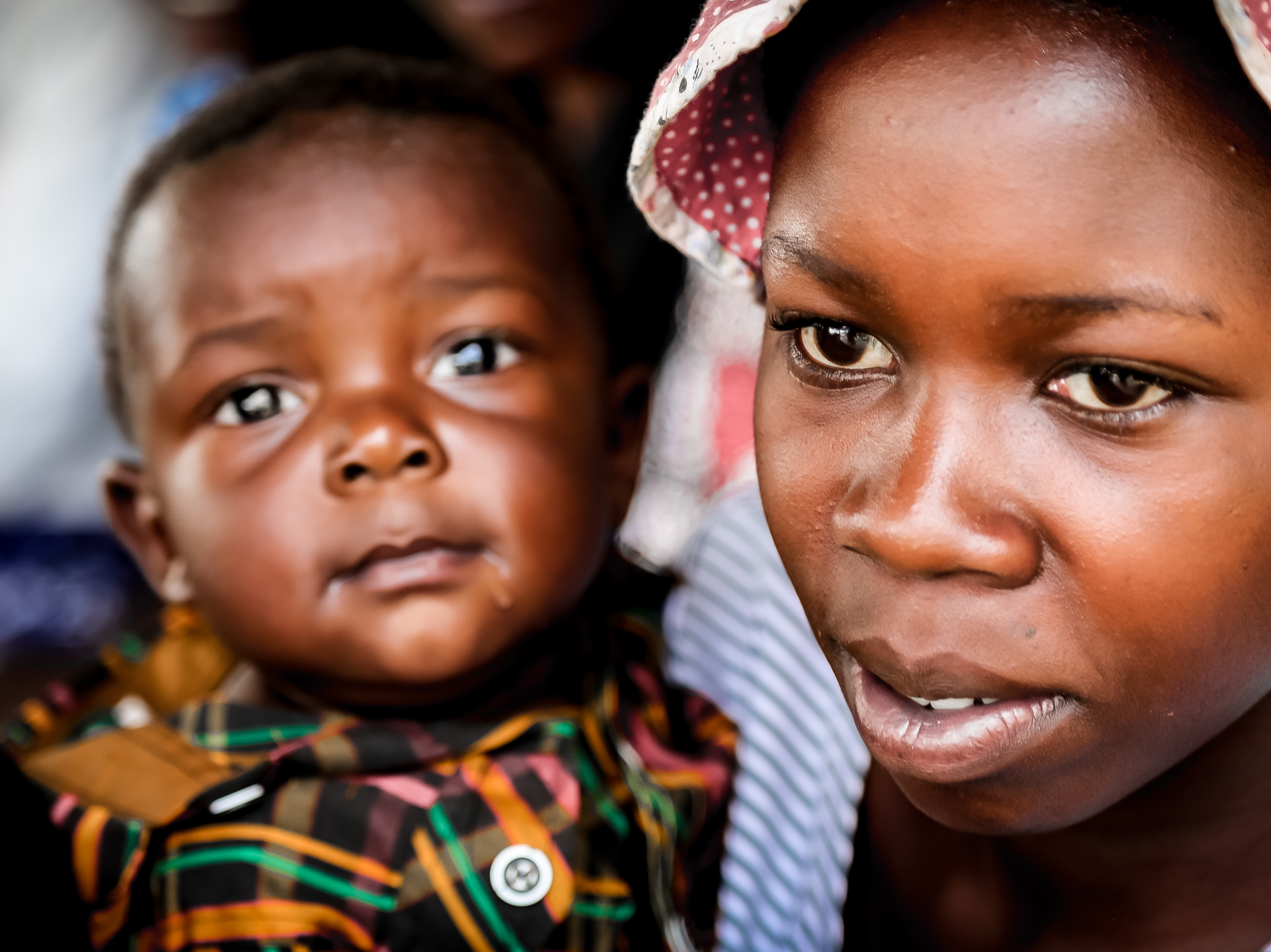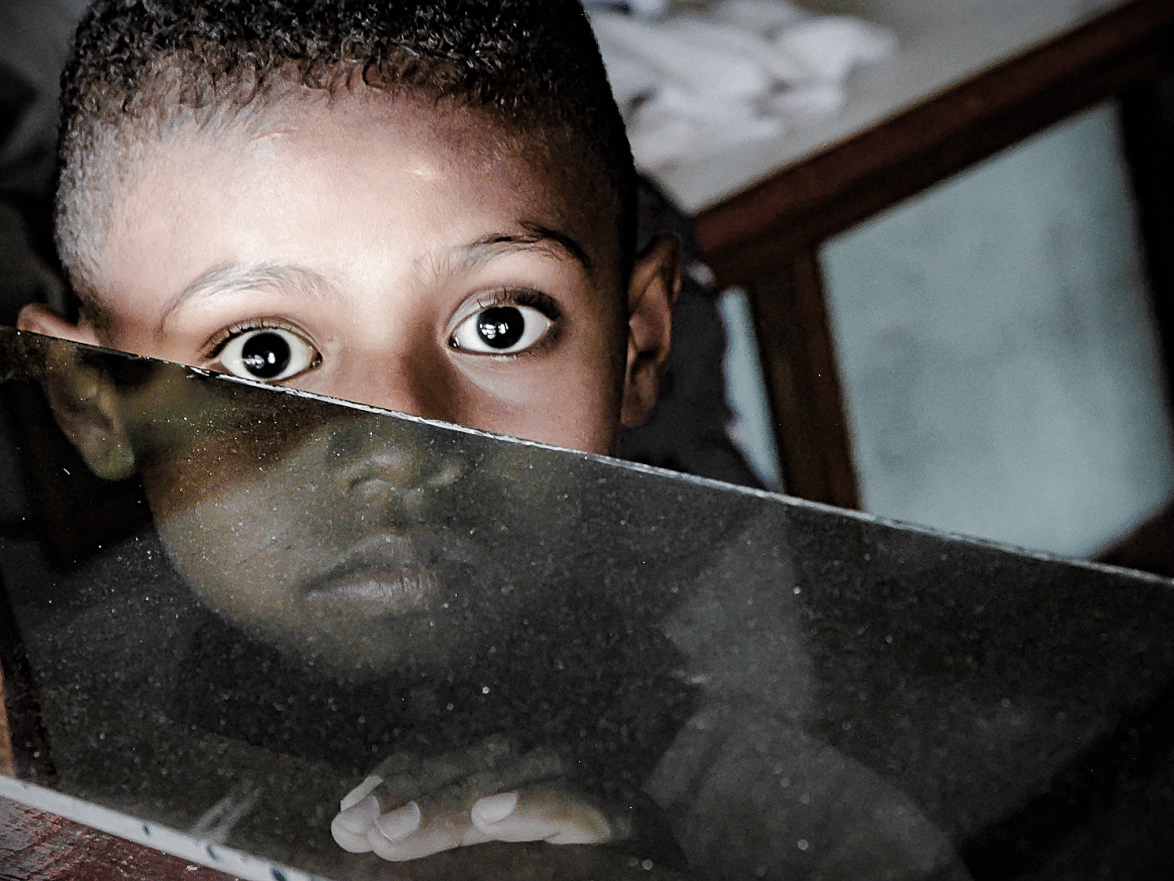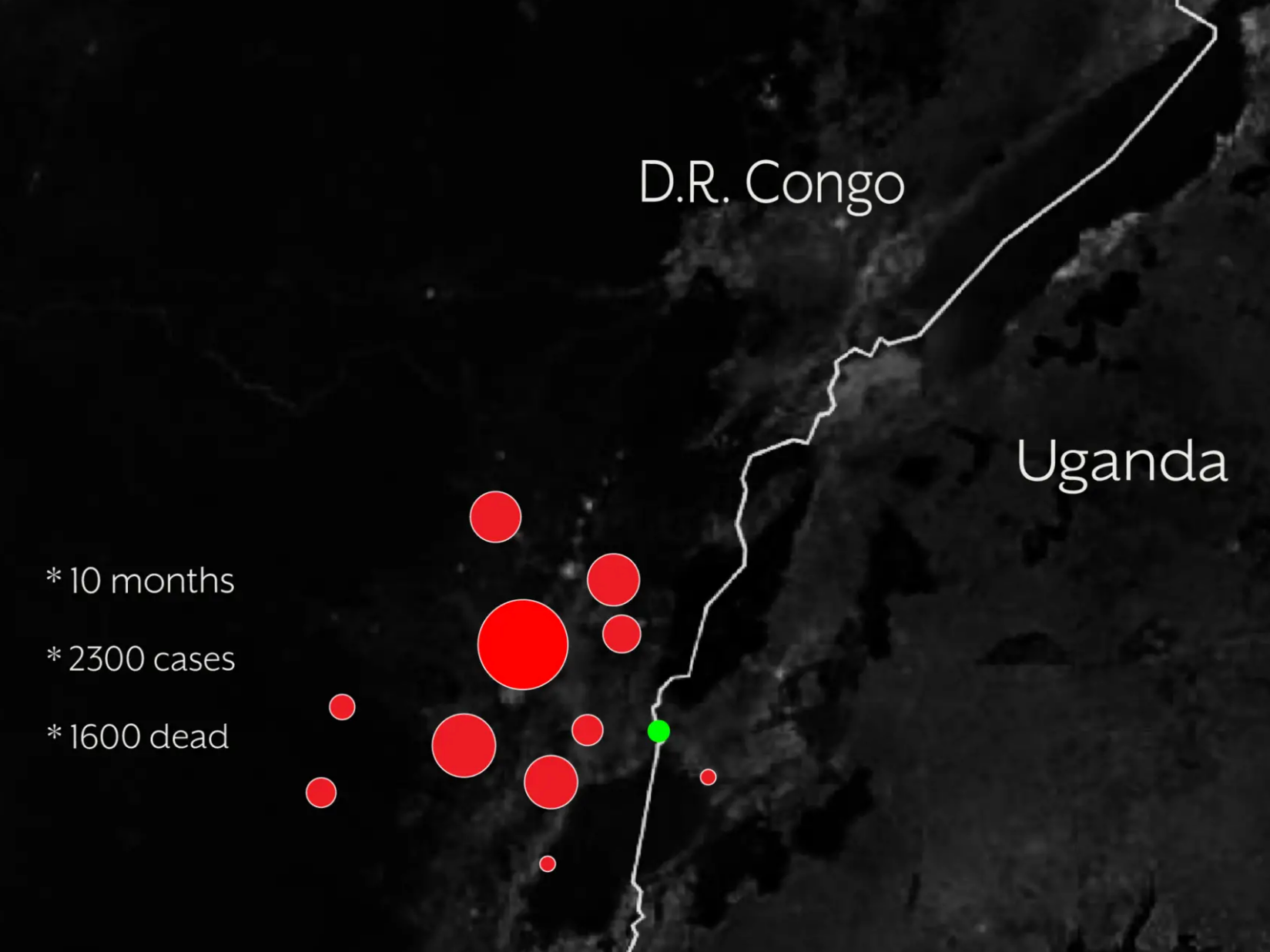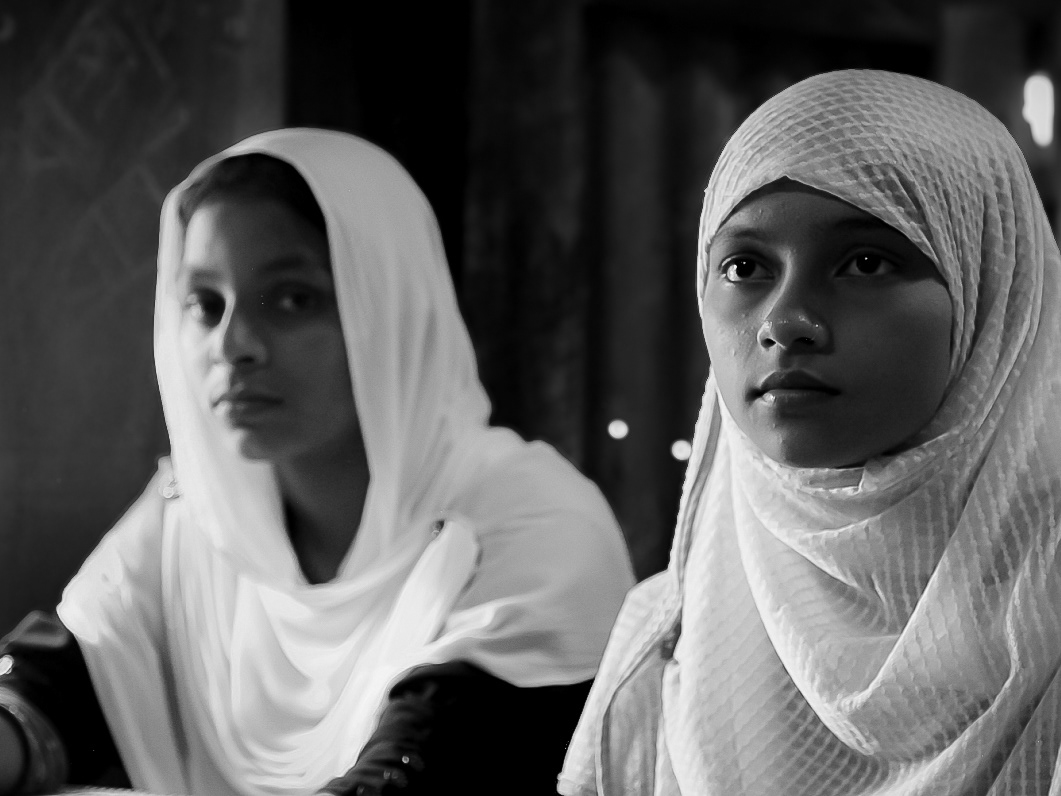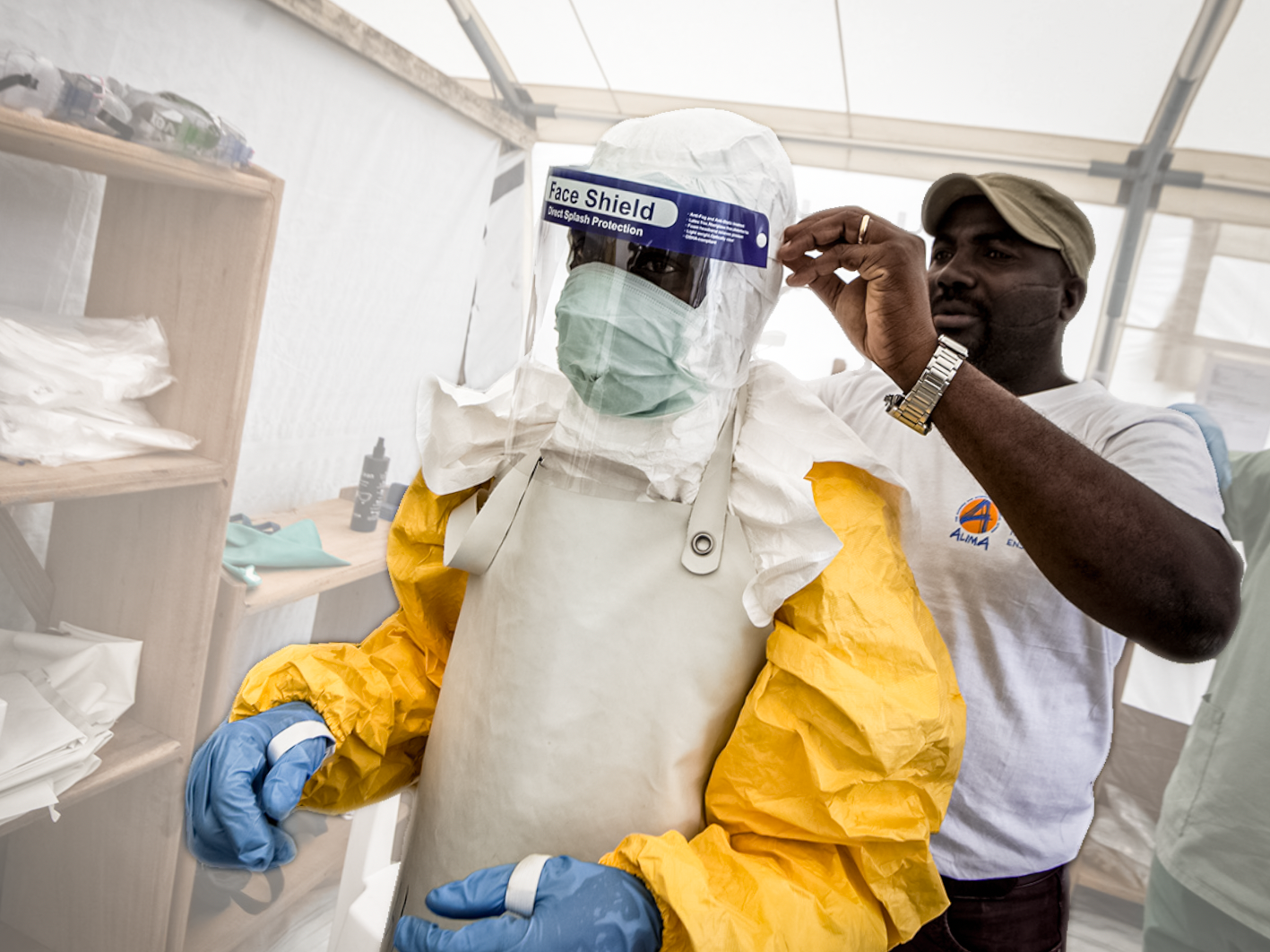Boys in a classroom at the Modhobadda Noor-e-Dakhil madrassa in Patuakhali, southern Bangladesh.
Mohammad Hassan.
Farzana Oishee at school in Barisal.
Street traders in Dhaka.
A girl and child in the southern district of Barguna.
A mother and child in Barguna.
Zakia Sultana (14) tours villages with young actors and performers to raise awareness of the dangers of child marriage.
Another young peformer.
Boys at the Modhobadda Noor-e-Dakhil madrassa.
Boys play board games at the Modhobadda Noor-e-Dakhil madrassa.
Boys at at the Modhobadda Noor-e-Dakhil madrassa.
Teacher Mohammad Ameen at the Modhobadda Noor-e-Dakhil madrassa.
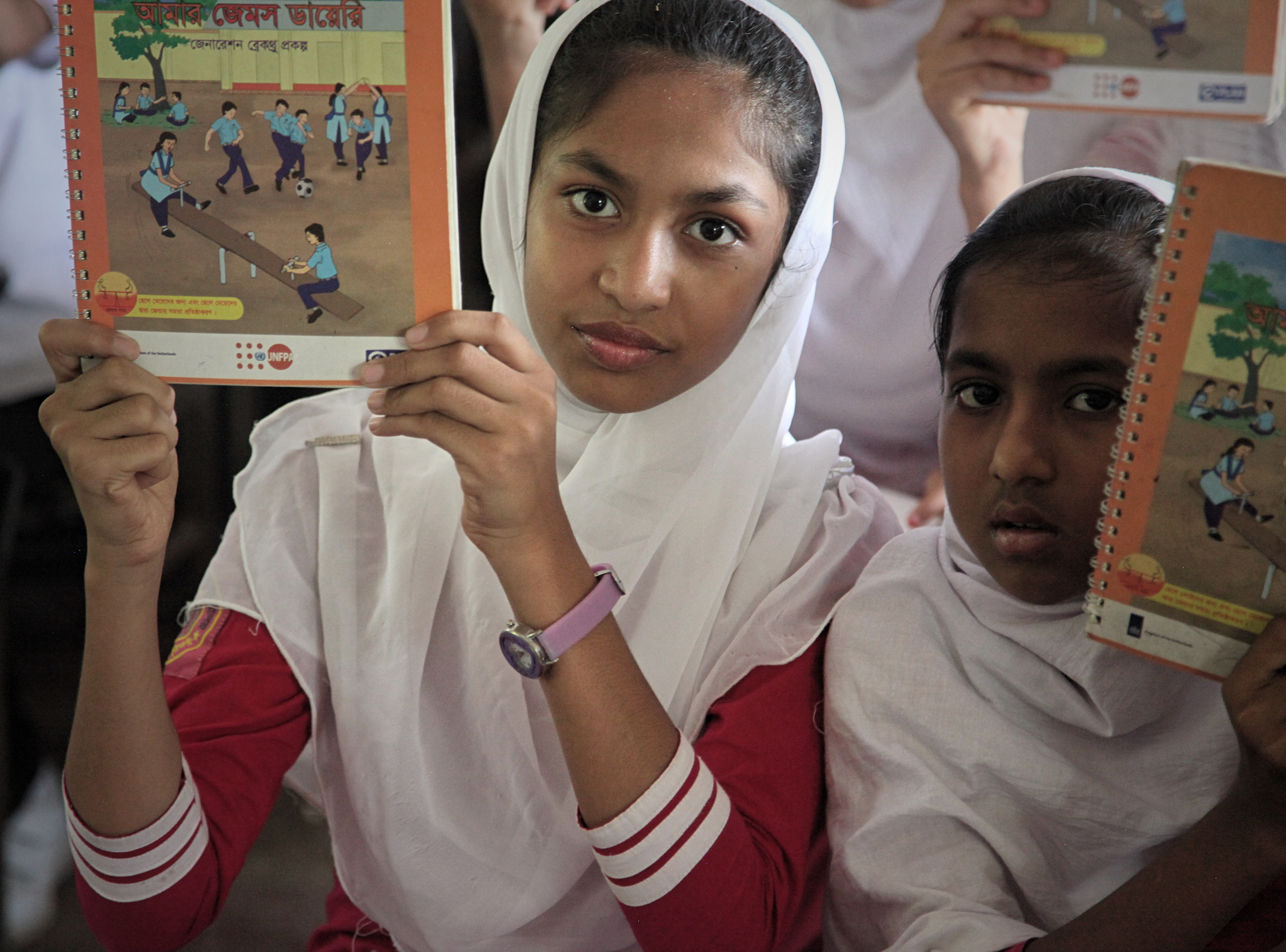
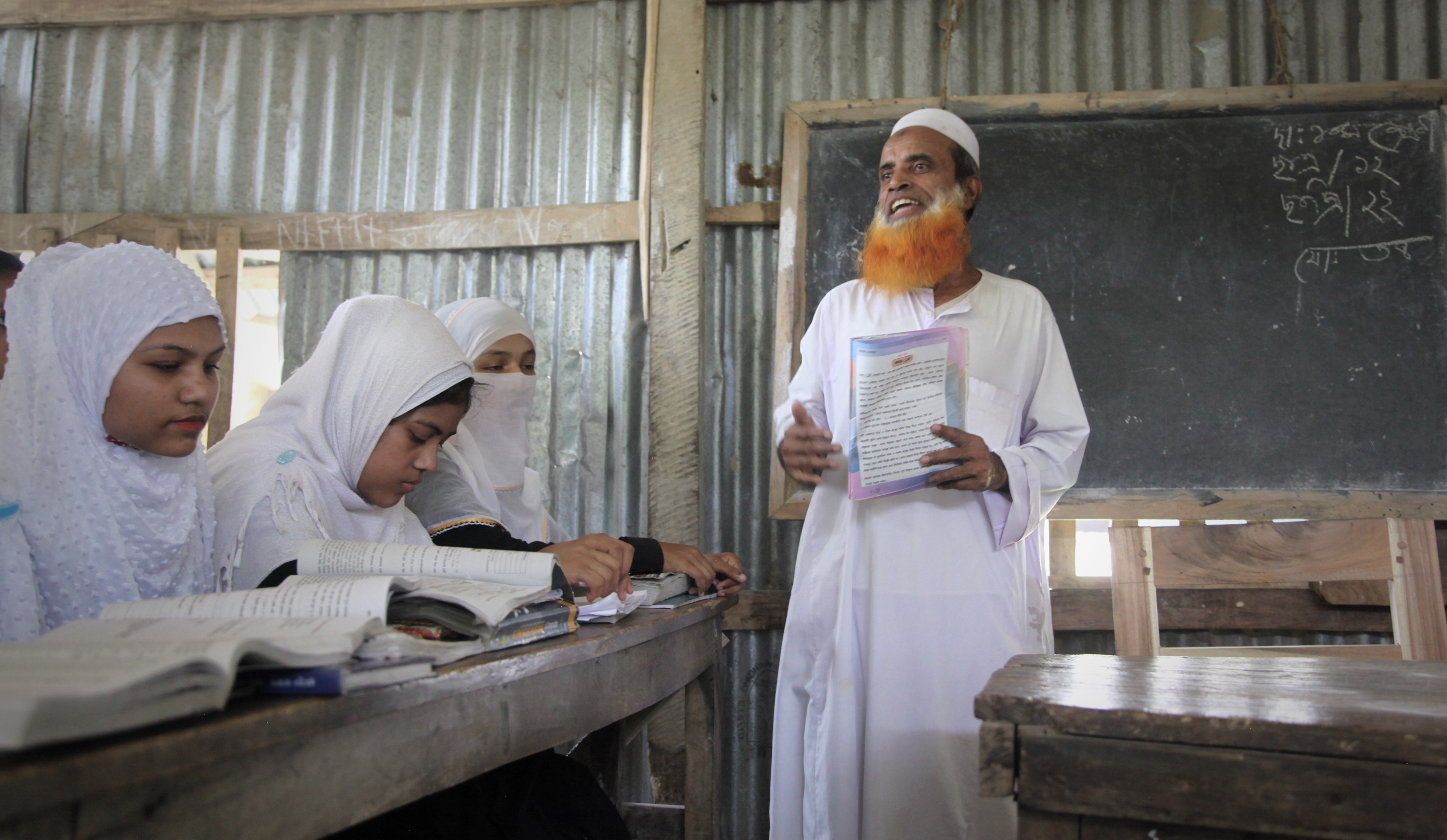

Girls act in a role play that highlights the roots of domestic violence at school in Patuakhali.
A young student at at the Modhobadda Noor-e-Dakhil madrassa.
